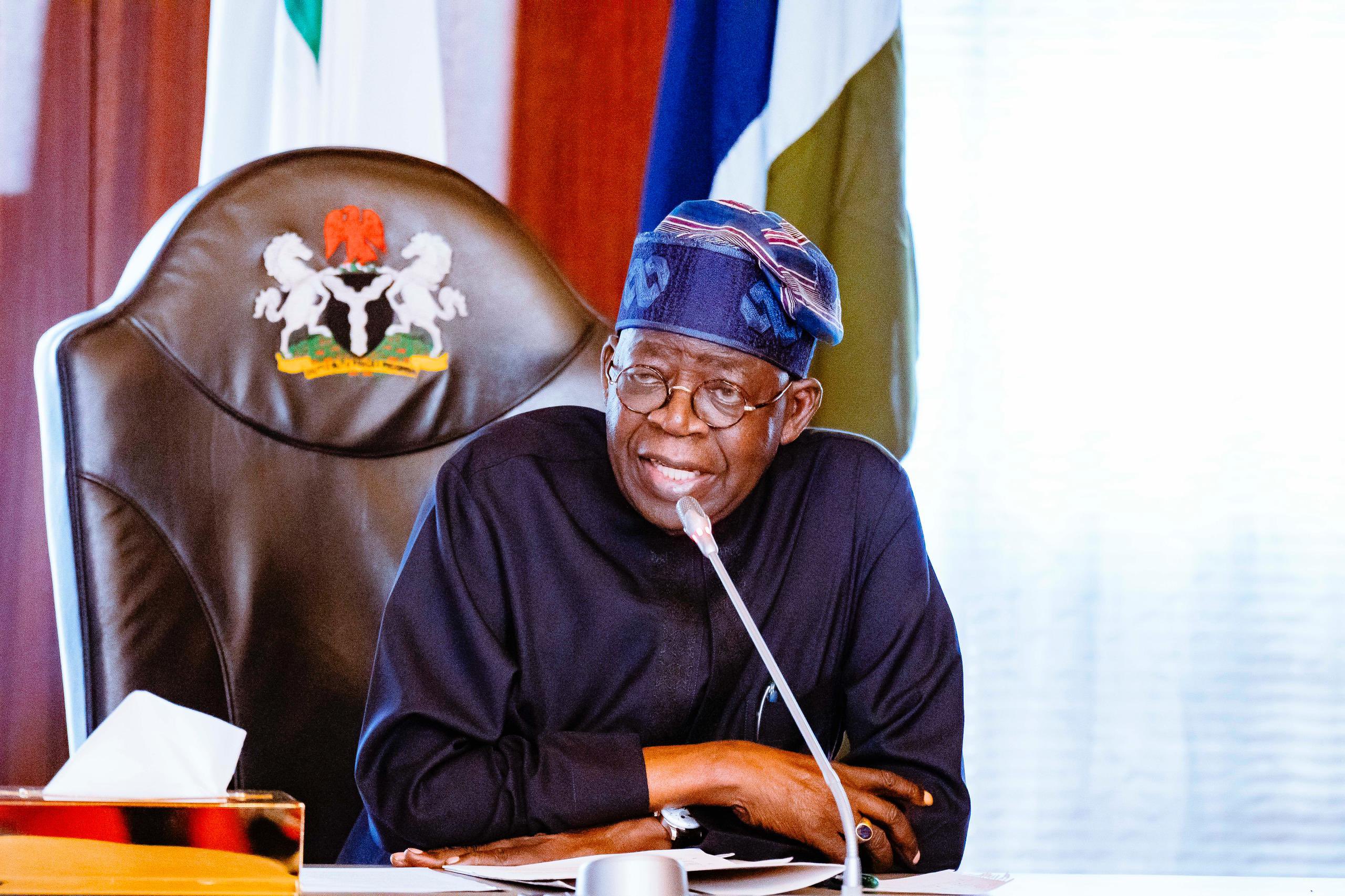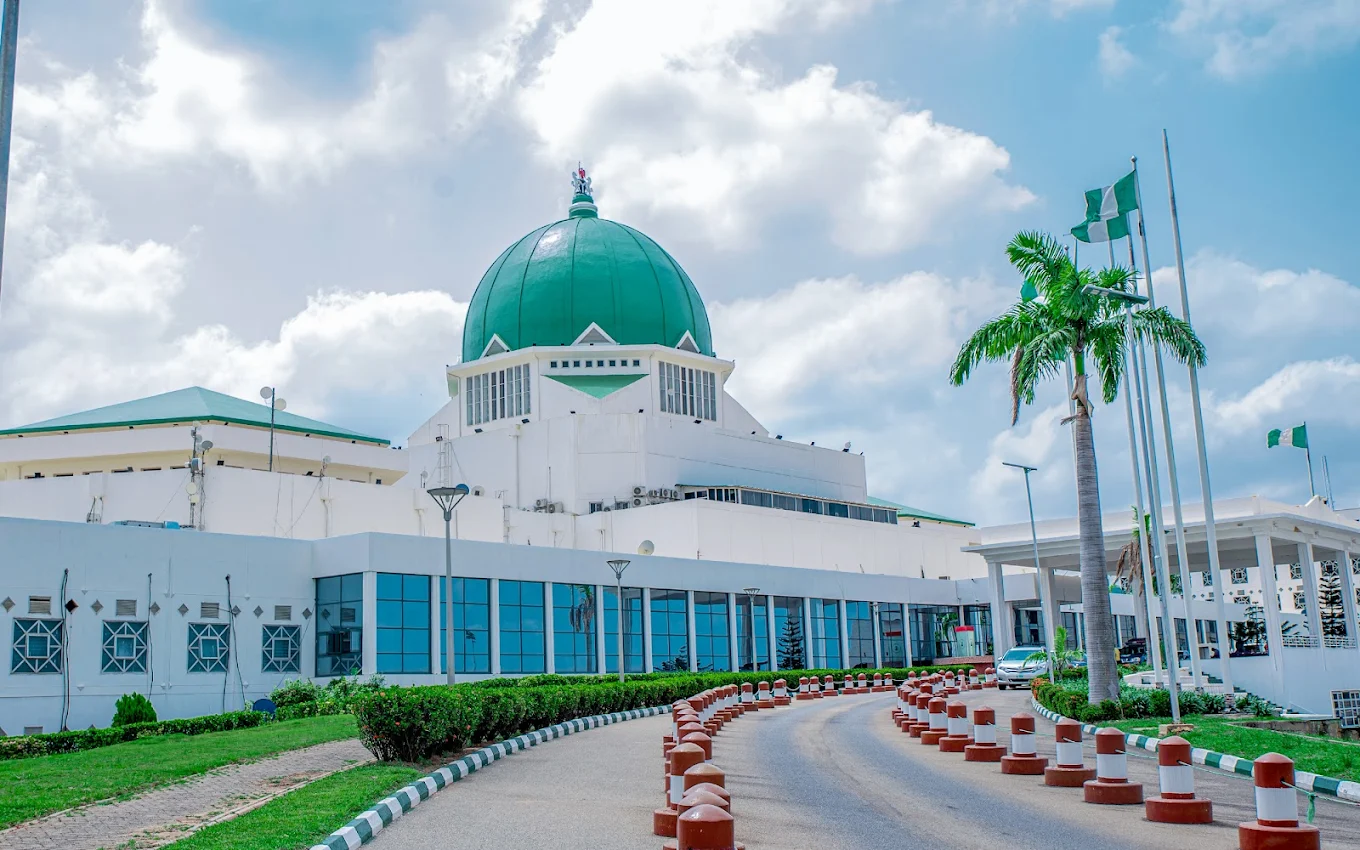• Senate committee launches nationwide stamp duty review
• Don urges collaborative investment to build $1tr economy
The African Democratic Congress (ADC) has said that the Federal Government’s request for a fresh loan of N1.15 trillion exposes President Bola Tinubu’s disturbing debt addiction, policy contradictions, and recklessness.
This was as the Senate Public Accounts Committee, led by Ahmed Wadada, launched a sweeping review of stamp duty collections across Nigeria, underscoring the legislature’s drive to ensure that public revenue is properly generated, accounted for, and effectively utilised for citizens’ welfare.
Meanwhile, the Chancellor of Ekiti State University (EKSU) and Chairman of the Tunji Olowolafe Foundation, Dr Tunji Olowolafe, has called for deeper collaboration between government, industry stakeholders, and academia to accelerate Nigeria’s transition into a trillion-dollar digital economy by 2030.
The Senate had approved a fresh N1.15 trillion domestic borrowing for the President despite the government’s earlier assertions that Nigeria would have no reason to borrow henceforth. Tinubu had also claimed that Nigeria had met its non-oil revenue targets, reportedly N20.59 trillion by August 2025.
ADC, in a statement by its National Publicity Secretary, Bolaji Abdullahi, condemned the administration’s policy and accused it of continually deepening the country’s debt crisis.
Citing a report that Nigeria’s total public debt could rise to N193 trillion if all of Tinubu’s 2025 loan requests are approved, the party said the government was “borrowing against its own words” and failing to deliver meaningful relief to Nigerians still burdened by inflation and rising living costs.
It stated: “The latest approval by the National Assembly of N1.15 trillion in fresh domestic borrowing by the All Progressives Congress (APC)-led Federal Government exposes the contradictions and dangerous fiscal trajectory of President Tinubu’s administration.
“Only a few months ago, the President himself declared that Nigeria had met and surpassed its non-oil revenue targets, generating N20.59 trillion in just the first eight months of 2025, a figure his media handlers and cabinet officials paraded as proof of sound economic management. Not long before that, the administration also promised Nigerians that domestic borrowing would be phased out, and that revenue growth would reduce the need to mortgage the nation’s future.”
ADC expressed concerns that the borrowings, clothed in mere propaganda, amounted to recklessness.
According to Wadada, while revenue generation is critical, the real challenge lies in ensuring that funds reach the right channels and are fully optimised.
To that end, the committee formally wrote to all commercial banks seeking detailed records of stamp duty collections from 2016 to 2024, and requested corresponding remittance data from the Central Bank of Nigeria (CBN) to verify transfers to the Treasury Single Account (TSA).
The committee is also reaching out to limited liability as well as oil and gas companies, the Federal Inland Revenue Service (FIRS), and the Nigerian Governors Forum (NGF) for information on stamp duty derived from agreements and other sources. The aim is to reconcile all data, identify gaps and ensure maximum efficiency and transparency in revenue management.
While preliminary analyses have been conducted, Wadada emphasised that the committee needed official figures from the institutions concerned before taking further steps, including possible hearings or summonses. Agencies have been given till November 25, 2025, to submit their reports.
While delivering the keynote at the opening session of the Digital Nigeria International Conference 2025, at the Bola Ahmed Tinubu International Conference Centre, Abuja, Olowolafe emphasised that “digital transformation is not a goal in itself, but the pathway to prosperity.”
The conference, with the theme, ‘Discover. Connect. Transform’, convened policymakers, innovators, investors and technology leaders to discuss strategies for harnessing digital technology to power inclusive growth across Africa.
Olowolafe, who was represented at the event by Mr Olajide Aboderin, the Director of GOMTECH ICT Centre, an initiative under the Tunji Olowolafe Foundation, noted that the ICT sector, which contributed over 11 per cent to Nigeria’s Gross Domestic Product (GDP) in Q2 2025, has proven its potential as a driver of non-oil growth.
He urged both public and private sectors to “close the execution gap” by turning strategic plans into tangible outcomes.






